Cough, sneeze, serenity – my life with hay fever
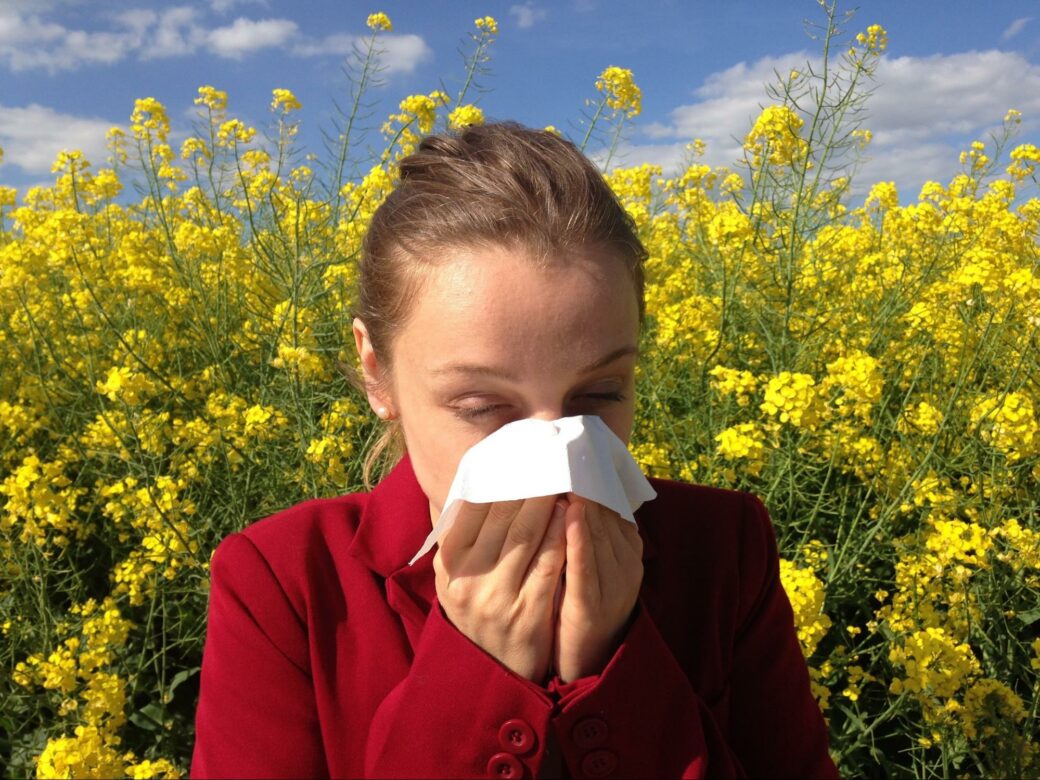
Allergy sufferers take note: Hatschi - climate change is also extending the allergy season
There isn’t a modern Person who hasn’t complained of some kind of allergy at some point in their life. From the most harmless cases – excessively dry skin that flakes and remains taut – to severe asthma attacks that some accept as their fate and suffer from for the rest of their lives.
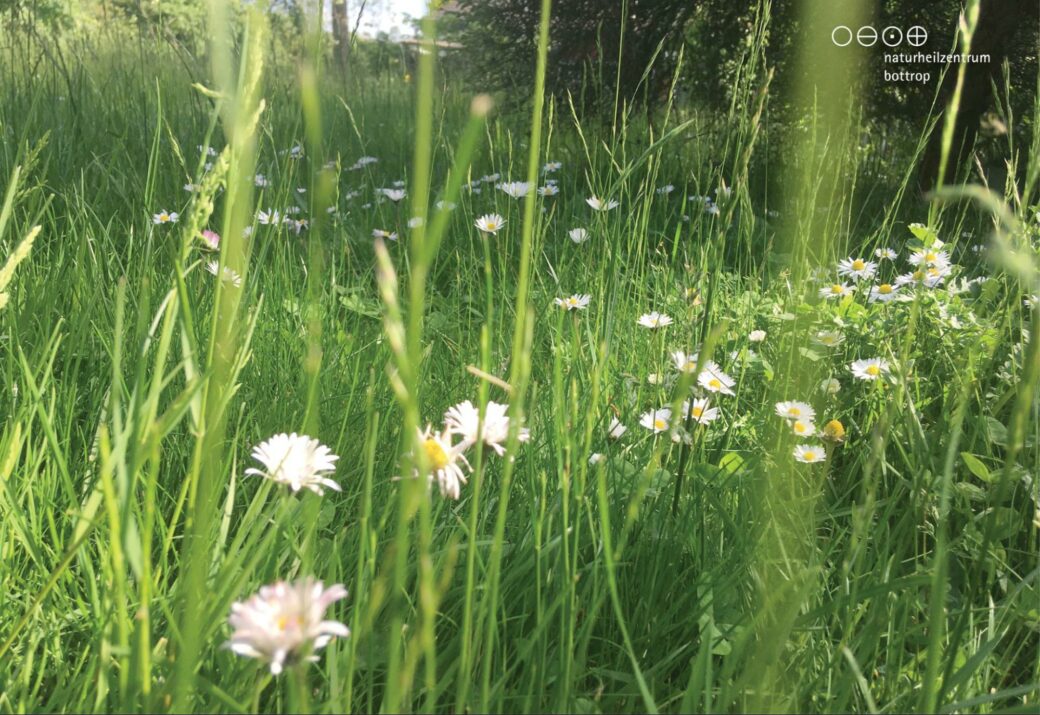
Getting into the thick of things with pollen
I have been plagued by pollen allergies since my youth. In the beginning, grass pollen in particular pestered me in early summer. Today, my Personal pollen season begins with the hazel blossom in January/February and continues until the mugwort blossom in September/October. The naturopaths from the Naturheilzentrum Bottrop, Farid Zitoun and Christian Rüger, explained to me that the pollen season is getting longer and longer because of climate change – in total, we have about 40 days longer pollen season annually than 30 years ago – according to the experts. By the way, in the winter months when there is little pollen, my immune system does not get lazy – after all, what did God invent dust mites for? My great good fortune: I love animals and have cats, chickens, geese and even a few beehives. And so far, I can pet my cat and clean out the chicken coop without animal hair and feather dust making me cough. I can even handle a bee sting; I haven’t had to unpack my allergy emergency kit yet. I’m cheerful that it will stay that way, even if there’s no reason for optimism: While it was once believed that People over 50 were no stranger to allergies, recent research confirms that one in ten People over the age of 65 will experience an allergy for the first time. So for me, it’s cough, sneeze, and still be cheerful into old age!

Common disease with many causes
Where allergies come from is still not conclusively clarified. Only one thing is certain: various factors interact in their development. In the case of hay fever and some food allergies, for example, a hereditary predisposition has been demonstrated. In addition – for all allergies – there is a disturbance of the immune system: it does not react appropriately, i.e. excessively, to substances from the environment. Other risk factors that can promote the development of allergies include air pollutants and tobacco smoke, infections caused by bacteria in the intestines, on the skin and in the lungs, or mold toxins. If I had grown up on a farm and not in the big city, I might have been spared hay fever. That’s because farm dust has been shown to protect against allergies. Clearly, with such a complex combination of different factors, a comprehensive approach must also be taken to allergy treatment!

Negative emotions also weaken the immune system
The aforementioned risk factors and heredity are not the only causes of allergies. According to experts in naturopathy, psychological-emotional stress to which we are exposed on a daily basis can also weaken the immune system and thus promote the development of allergies.
Busy schedules, deadlines, juggling dozens of tasks at once and little time for family: it can all lead to tension, frustration and negative feelings. Anger, frustration and resentment, for example, create an ideal environment for allergic diseases to develop. Often, the allergy we develop is the result of intolerance, an allergy to People and situations in our lives that are difficult to tolerate, know Farid Zitoun and Christian Rüger of the Naturheilzentrum Bottrop.

The Path to Health
There is no way to get rid of an allergic disease if we are not ready to change, specialists say, pointing the way in the right direction – eliminating infections, detoxifying the body, overcoming bad habits.
Discarding outdated psycho-emotional patterns is also important, because our body and soul are one. In such situations, it is good to separate from the People who make us allergic or to change our attitude towards irritants, they advise.

What helps me with hay fever (allergy)
Over the years, some measures have proven themselves to me, with the help of which it is easier to live with my allergies. Of course, I do not want to withhold them from you.

1. Get rid of pollen
Allergens such as pollen, pet dander, mold spores and dust mites can cling to your body, clothing and hair. To reduce exposure, you can undress, change clothes, and wash your hands and face when you come into an enclosed space from outside. If your children suffer from allergies, make sure they do the same.
2. Evenings showers
Taking a shower in the evening before you go to bed can help ensure that you don’t take allergens that have attached themselves to your hair and skin to bed with you. If your child suffers from allergies, it is beneficial to bathe them in the evening.
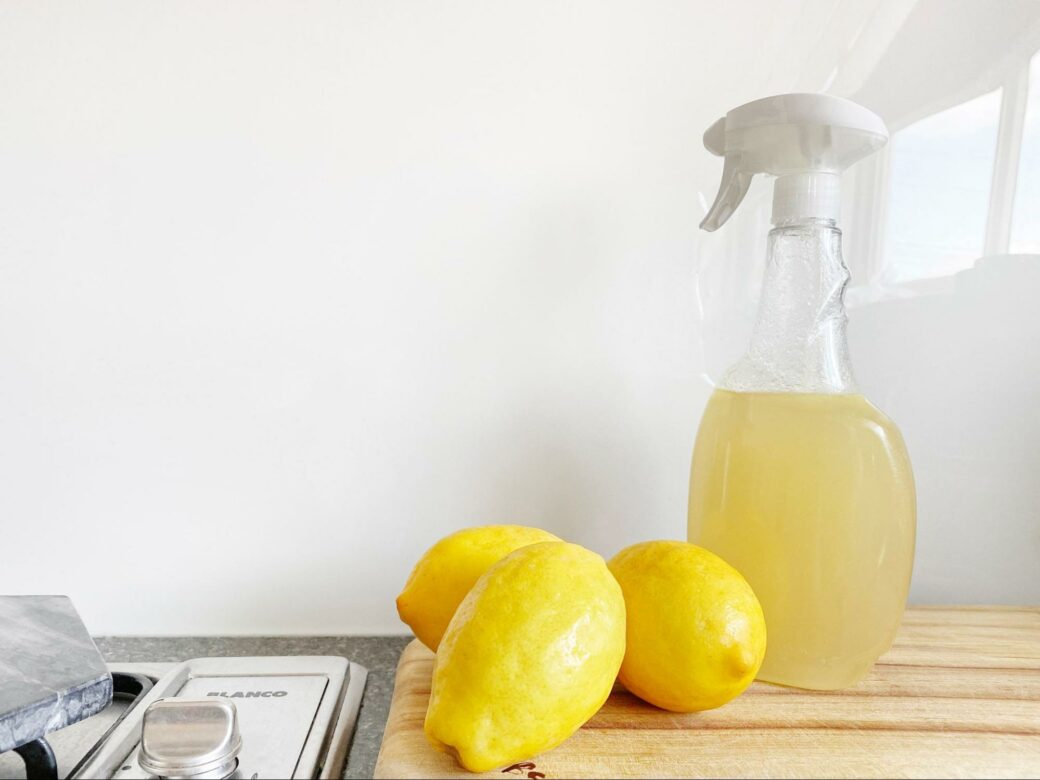
3. Get rid of the dust!
Dust can’t be avoided, but taking 10 minutes a day to dust and run the vacuum cleaner can help prevent dust buildup. Use a damp rag or mop (a dry rag just swirls up the dust) and a vacuum cleaner with a hepa filter or double bag. If you’re allergic, try delegating these daily chores to another family member. Or wear a dust mask and gloves when cleaning to reduce exposure to pet hair allergens and dust mites.
4. Washing away allergens
To reduce the accumulation of allergens in your bedding, you should wash blankets and pillows hot (at least 54 °c) weekly. There are special bedding products for allergy sufferers that are boil-proof. Pillowcases and comforter covers should also be changed frequently. During the pollen season, I avoid drying bedding and clothing outside on the clothesline, preferring to put them in the dryer.

5. Keeping an eye on the humidity
Dust mites and molds thrive in a warm and humid environment. You can purchase a hygrometer at an affordable price at any home supply store. If the humidity rises above 50 percent, you should use a dehumidifier.
6. Check the pollen forecast daily
The pollen forecast can change daily and depends on a number of factors, including the weather. The best way to prepare is to check the pollen forecast daily. Watch for the spread of pollen, even if you spend most of your day indoors.
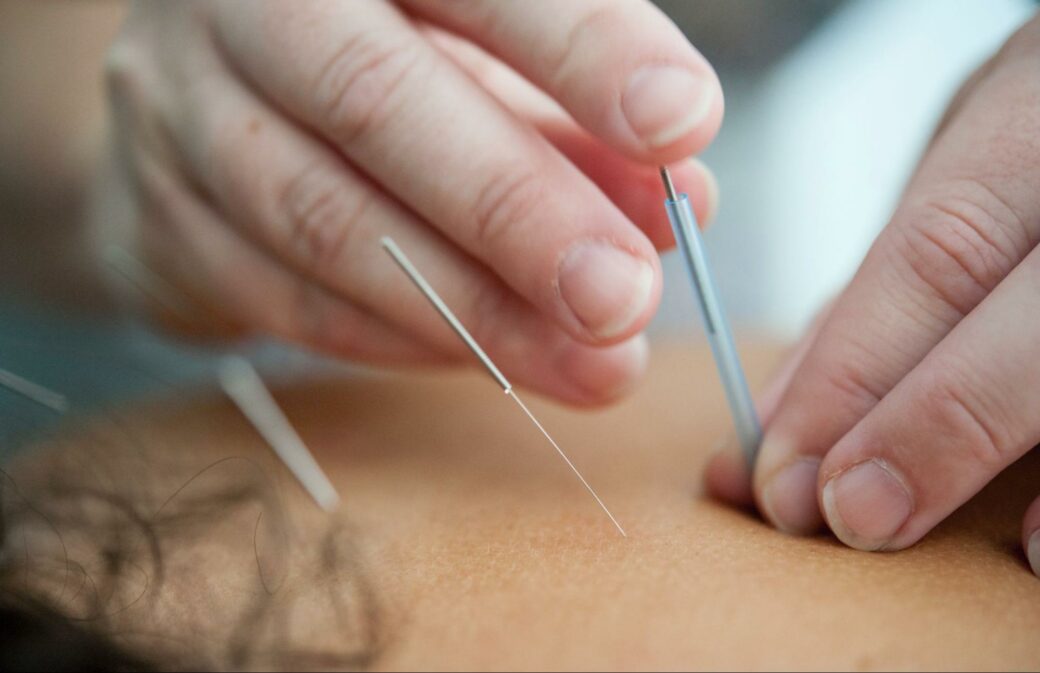
7. Keep medicines against your allergy ready
Of course, all precautions are sometimes not enough. So always have medicines against your allergy ready. Ointments containing cortisone help with allergies of the skin, antihistamines in tablet form and special decongestant nasal sprays relieve the symptoms in pollen allergy sufferers.

Natural remedies for allergy sufferers – from Snakemed (snake venom therapy) to acupuncture and butterbur
There are natural remedies that you can use for allergies, here I present you some of them. Please discuss the use with your naturopath beforehand!
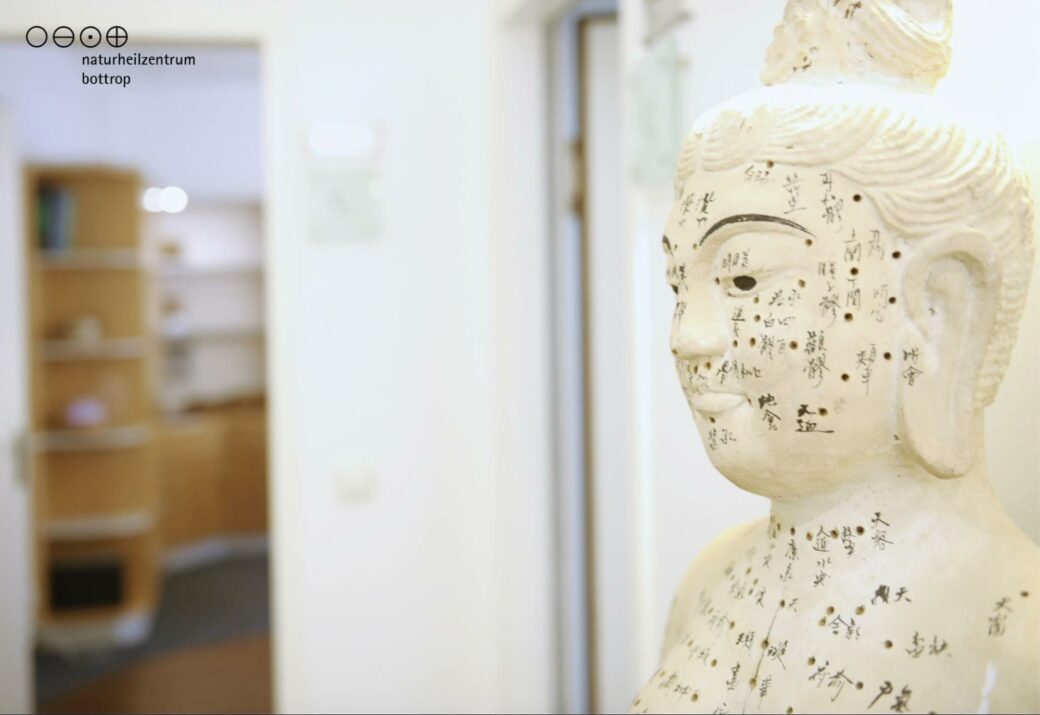
Snake Venom. The Snakemed experts (Snakemed – generic term for animal venom-based therapy) Farid Zitoun and Christian Rüger of the Naturheilzentrum Bottrop resort in the treatment, among other things, to toxins from snakes, toads and scorpions with three decades of expertise. Here in homeopathic dosages toxins are injected into selected acupuncture points intramuscularly or intracutaneously. This form of stimulant treatment, it is believed, should produce a long-term soothing effect. Not only for allergies, but also for rheumatism, psoriasis and other chronic skin diseases. The positive experiences with this therapy form build not least on the alternative practitioner colleague Norbert Zimmermann, who is active in Duesseldorf until 2021. By the way, my older beekeeper colleagues swear by bee venom as a remedy for all kinds of aches and pains and let themselves be stung voluntarily!
Common butterbur (Petasites hybridus).It works well against seasonal allergies. Research has shown that butterbur is as effective for itchy eyes as a common oral antihistamine.
Acupuncture. More than a dozen studies to date have concluded that acupuncture shows positive results for both seasonal and perennial allergic rhinitis.
Quercetin. This is a potent flavonoid favored by natural treatment advocates because it stabilizes histamine release and helps control allergy symptoms. Quercetin occurs naturally in broccoli, cauliflower, green tea and citrus fruits.
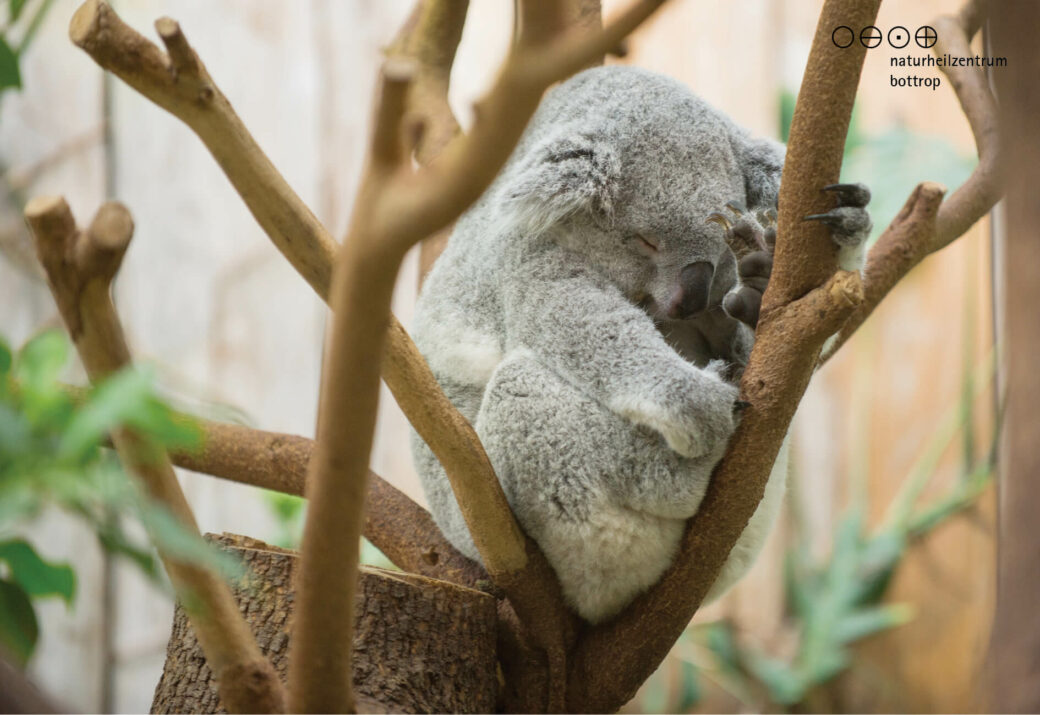
Peppermint essential oil.Research has shown that peppermint oil has sufficient anti-inflammatory activity to relieve symptoms of asthma and allergic rhinitis. Essential oils can be diffused in the air with diffusers. For external use, they should be diluted in a base oil.
Eucalyptus essential oil. Eucalyptus oil, as an antimicrobial agent, can be added to laundry in a few drops during allergy season (put a few drops on a cotton cloth in the drum).
Healthy diet really helps with allergies!
Foods to which an allergic reaction often occurs include soy, gluten-containing plants and dairy products. Often, eliminating these products from the diet is not enough, as some foods can be hidden sources of these products. For this reason, all ingredients are listed in detail on labels and packaging. In addition, because two substances are related, it is possible for immune cells to perceive two different foods as the same type of allergen.

Frequent consumption of vegetables and fruits provides a high intake of dietary fiber (especially insoluble fiber), which is related to cleansing the intestinal wall of adherent food debris. This also reduces the contact time with potential allergens. In addition, the high vitamin C content of certain fruits and vegetables (cabbage, rose hips, kiwis, peppers, some citrus fruits) reduces the release of histamine, which is an important element in the development of an allergic reaction.
Don’t worry – hypersensitivity is not a punishment!
The most important thing you should do is to change your lifestyle: avoid stress, eat healthy food and drink enough water. This will help you because it will improve the function of the immune system. It may take a few weeks for the symptoms to subside, but don’t give up, because this way you are fighting the underlying causes. Whenever you have the opportunity, you should support your immune system with natural remedies. Take natural antihistamines in the form of supplements, improve your diet and the hygiene of your environment to fight the pathogens.
I would be happy if you share your Personal experiences, tips and tricks with me and the readers of nabo-magazine here in the comments. I look forward to a lively exchange in the spirit of “sharing is caring”.


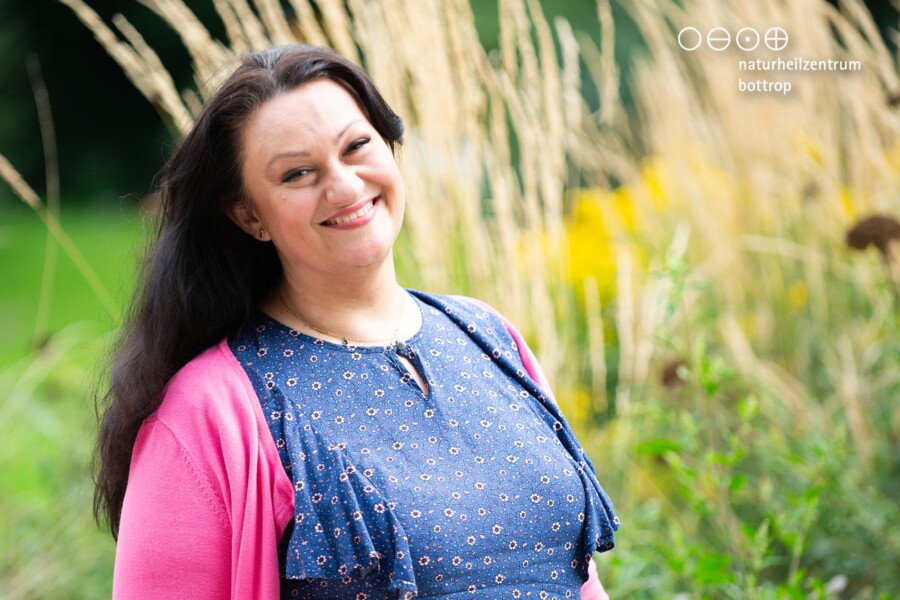





Netiquette for respectful communication
the nabo team invites you to exchange your experiences, contributions and opinions on the blog by using the comment function. this exchange should be free, open and friendly. please take care to write fairly and to stay on topic. even if you do not share the opinions expressed in others’ comments. the possibility to write comments on the blog posts is exclusively related to the topics treated within said posts. we would be glad to answer all of your specific questions related to therapies or descriptions of individual maladies or read your remarks about naturheilzentrum bottrop : simply come see us or call or write us Personally.